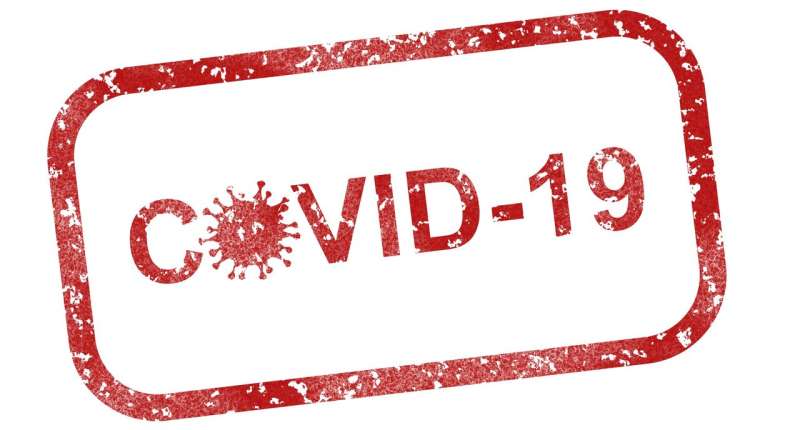EU doubles BioNTech/Pfizer vaccine order to 600 mn jabs

The EU has struck a deal to double its supply of the BioNTech/Pfizer coronavirus vaccine to 600 million doses, European Commission chief Ursula von der Leyen said on Friday.
Authorities in the 27-nation bloc have been hit with rising criticism that the vaccine rollout that started December 27 has been too slow, especially compared with countries such as the United States or former EU member Britain.
"We have right now, access to 300 million doses of the BioNTech/Pfizer vaccine," von der Leyen told a press conference, adding: "With the new agreement we could purchase a total of up to an additional 300 million doses."
As well as the Moderna vaccine authorised for use in the EU, von der Leyen said: "We have already secured an amount of doses that we need to vaccinate 380 million Europeans, and this is more than 80 percent of the European population".
She said other vaccine authorisations were expected "in the coming weeks and months" so "Europe will have more than enough vaccine within a reliable timeframe".
Leaders will discuss coordination on the fight against the pandemic at a videosummit on January 21, a spokesman said.
Von der Leyen insisted the Commission had taken the right course of action on vaccines.
She said global competition for promising candidates was fierce when it started negotiations early last year on behalf of the EU's member states.
The EU had to sift through 160 vaccine candidates to arrive at the six it retained as the most likely to work and feasible to distribute on a massive scale, she said.
She admitted, though, that "difficult months" lay ahead in ramping up inoculations because of the scale of the task and the high number of infections.
"I'm convinced that when we look back at this one day we'll see, well yes, at the beginning, there was a bumpy road (but) well, that's always the case."
'No parallel contracts'
The European Commission now has contracts for 2.3 billion doses of various vaccines—enough for the entire 450-million EU population on the basis of a two-dose regimen per person, plus extra for poorer neighbouring countries.
The announced extension of the BioNTech/Pfizer contract is for a firm purchase of 200 million doses plus an option for 100 million more, with the additional doses starting to be delivered in the second quarter of this year.
Responding to reports that Germany had sought its own vaccine supply outside of the Commission channel, von der Leyen noted that the collective ordering scheme was legally binding.
EU capitals had agreed there would be "no parallel negotiations, no parallel contracts", she said.
But her spokesman, Eric Mamer, dodged repeated questioning by journalists over Germany's reported go-it-alone order.
"I could not say whether there was an agreement or not," he said, telling reporters to ask Berlin and BioNTech and Pfizer.
"This is not the place to discuss this. We are certainly not going to discuss any possible legal steps or whatever," Mamer said.
Asked about Russia's Sputnik V vaccine and reports that German Chancellor Angela Merkel was open to producing it in the EU, von der Leyen emphasised the strict vetting procedures of the European Medicines Agency.
"Whatever vaccine is coming to the European market... has to go through an authorisation process with the EMA, so full transparency: all data have to be submitted for the whole scrutiny," she said.
© 2021 AFP




















